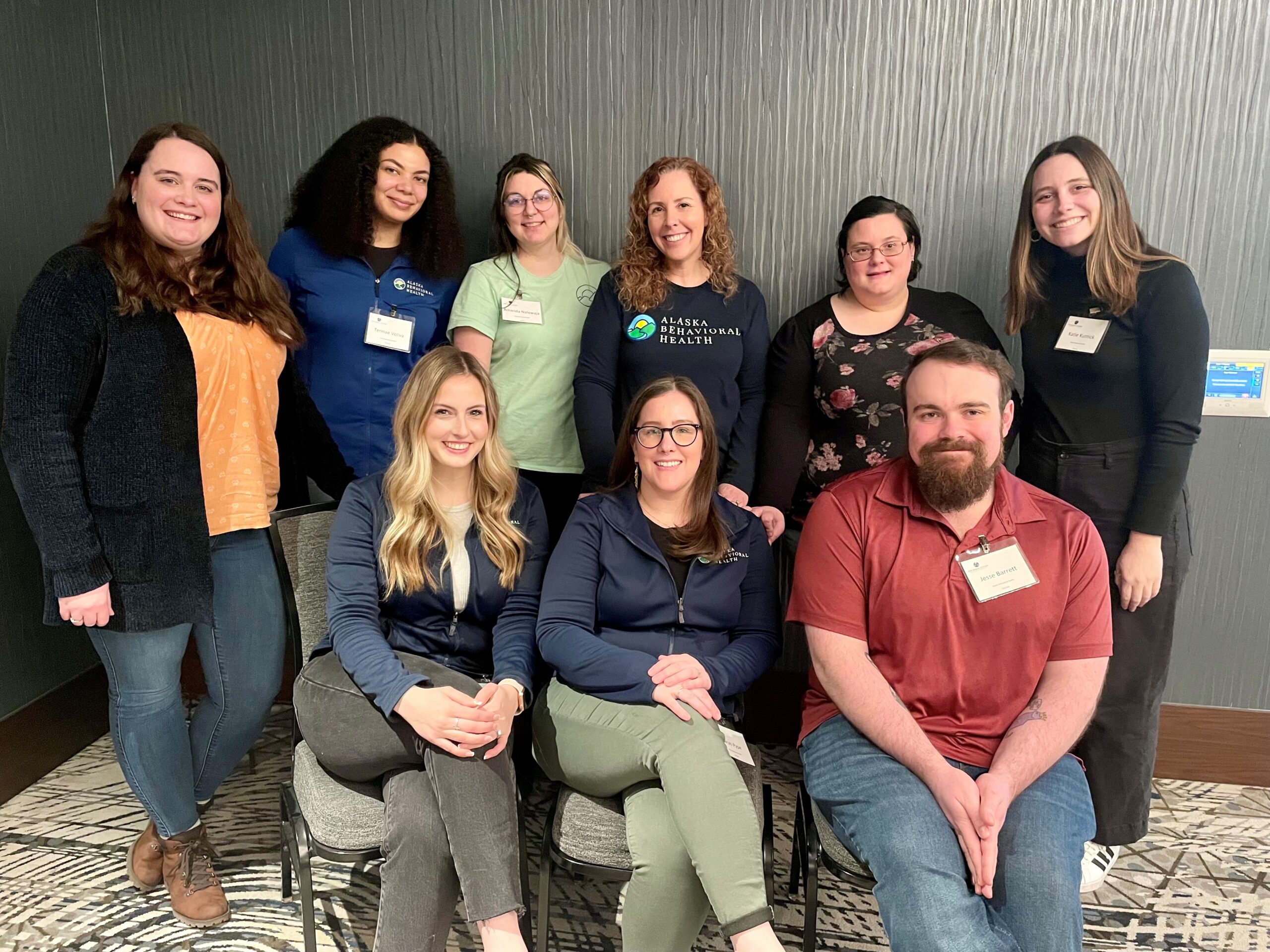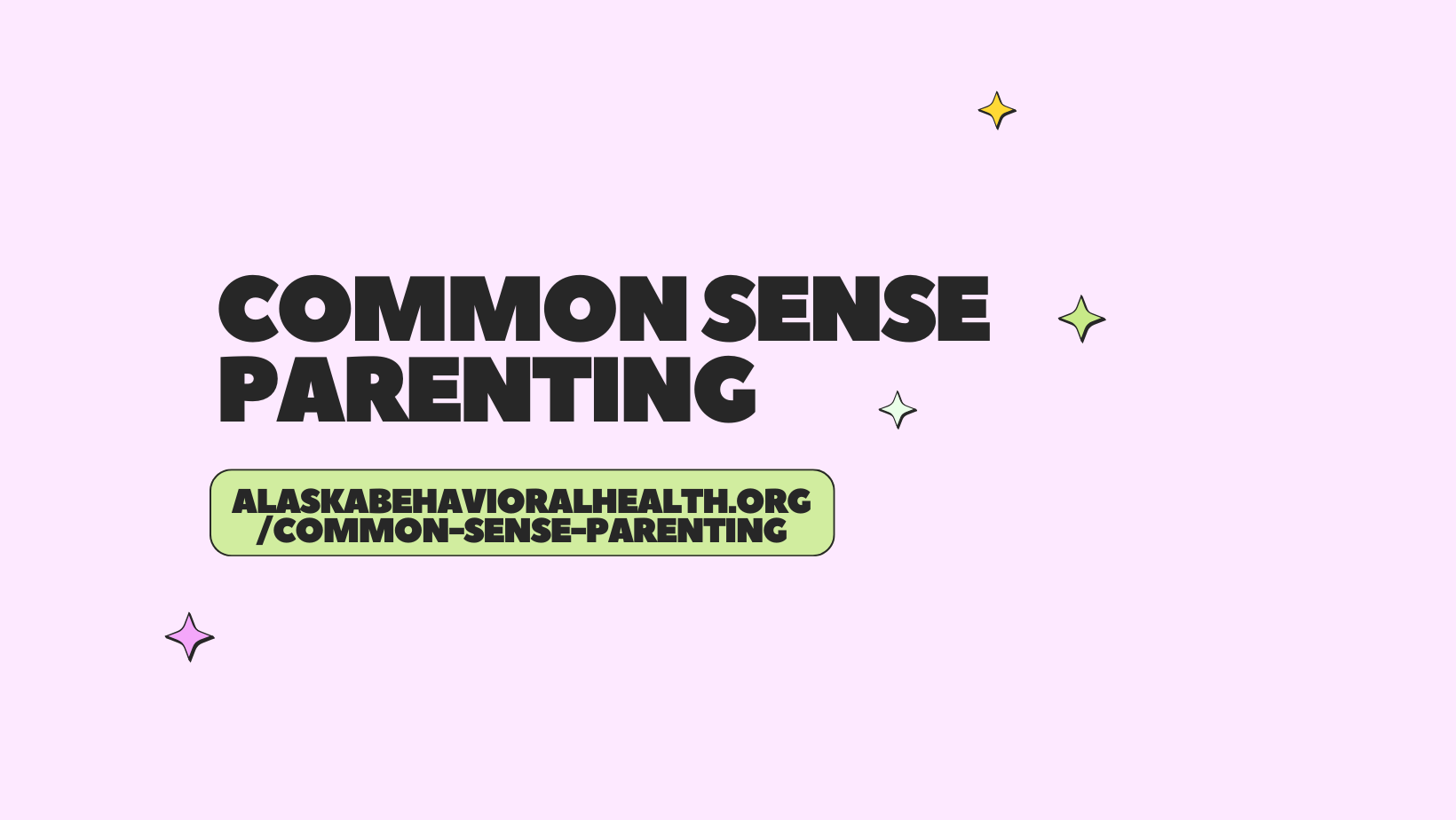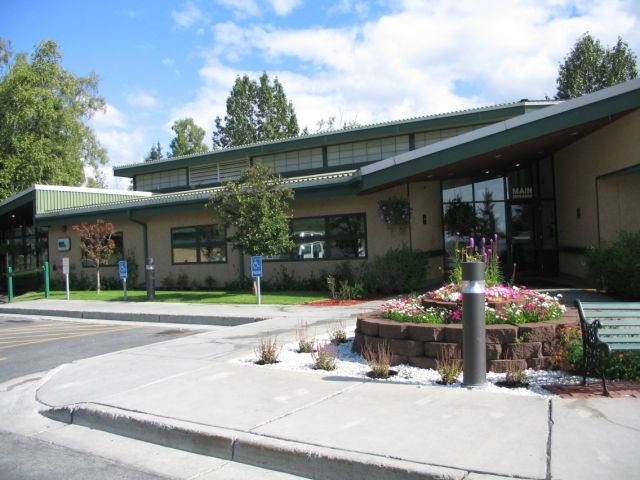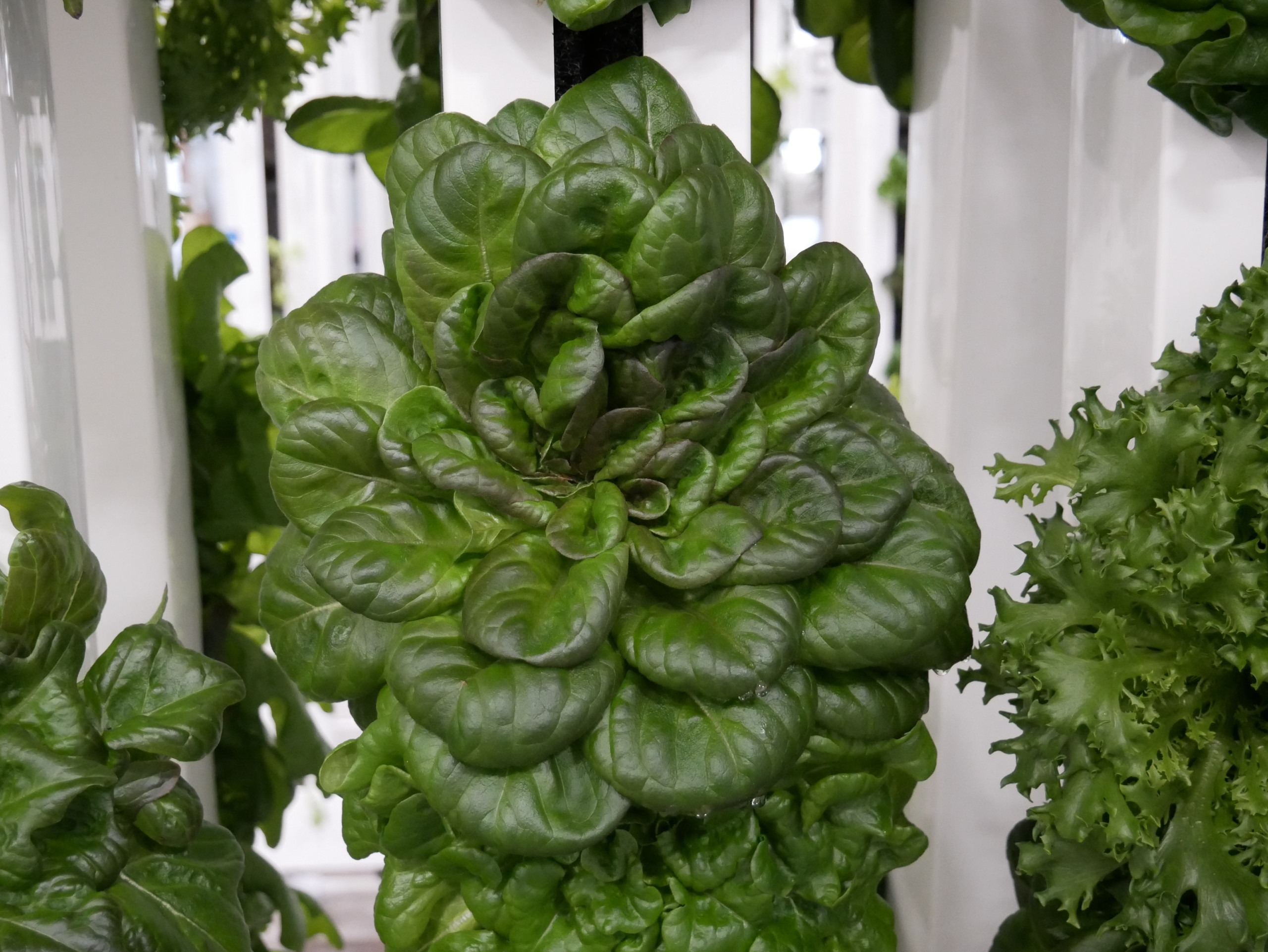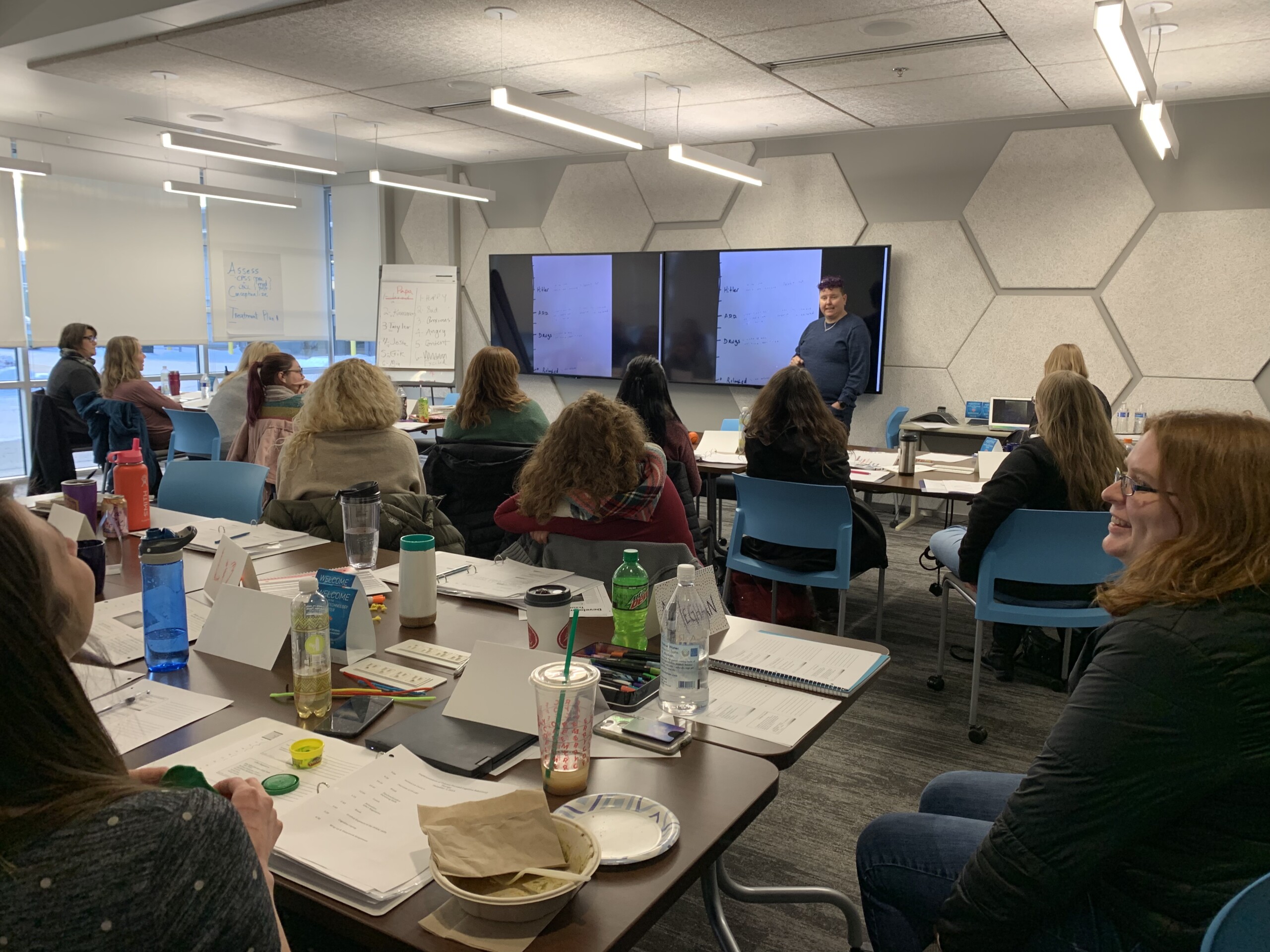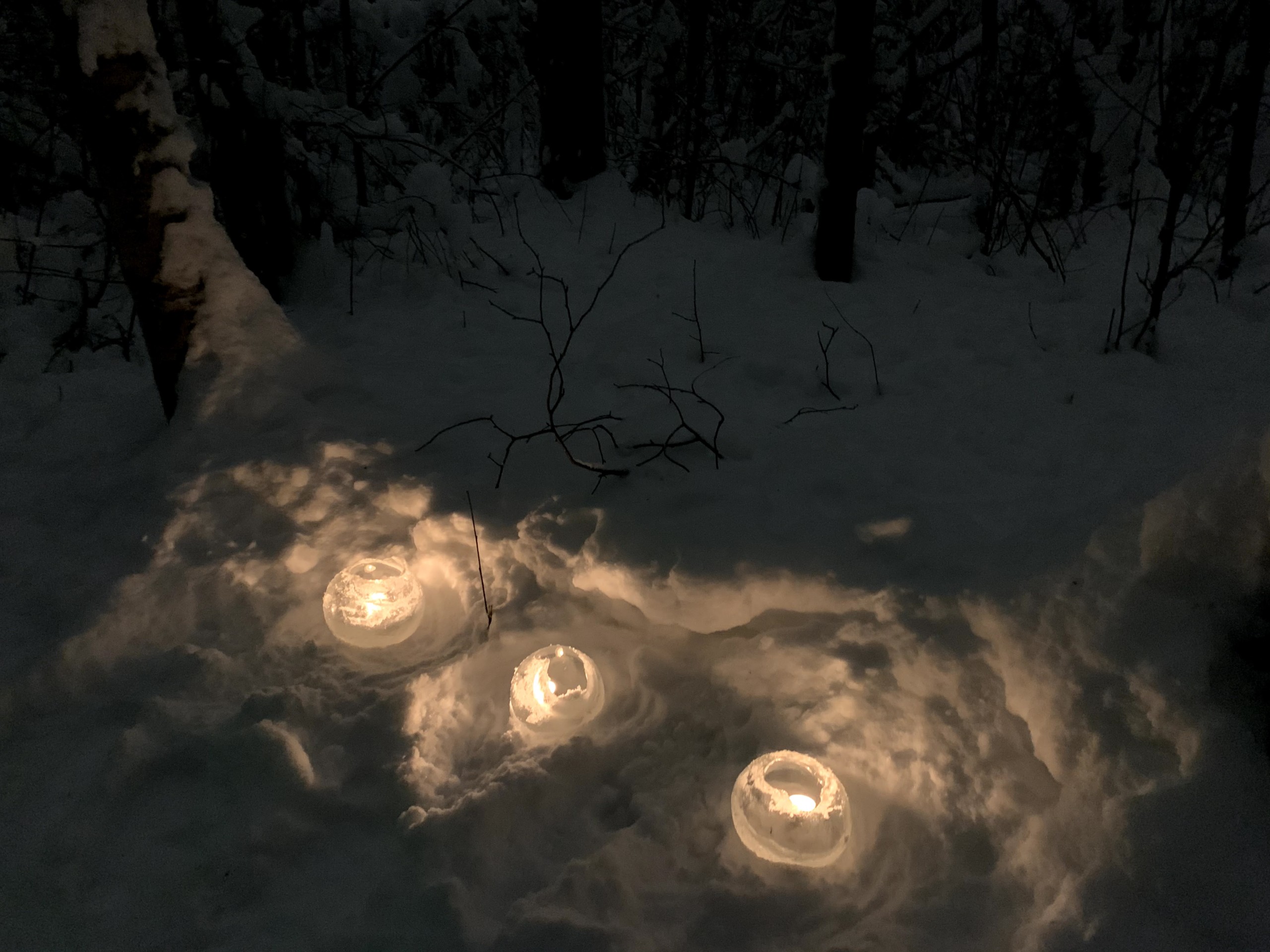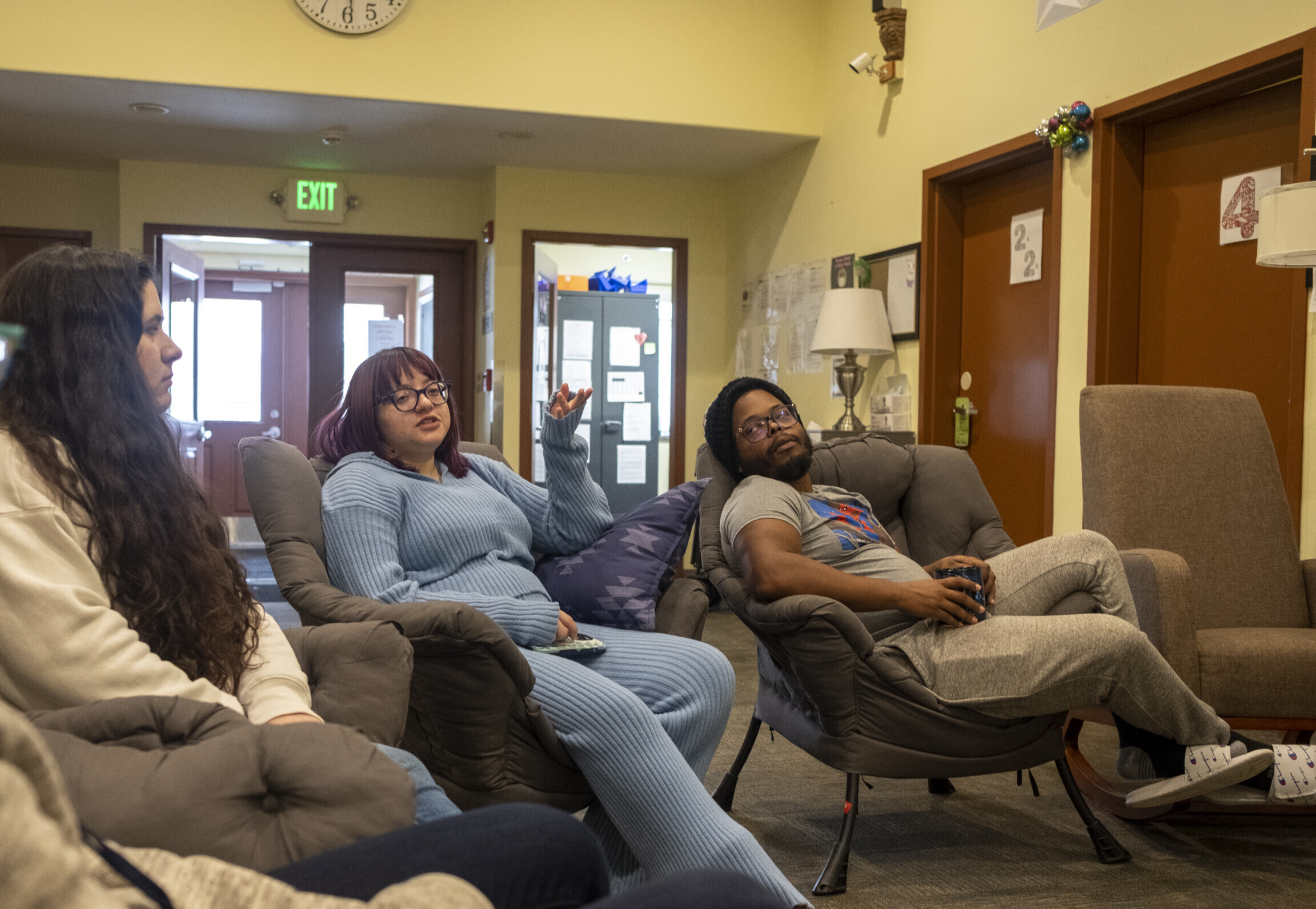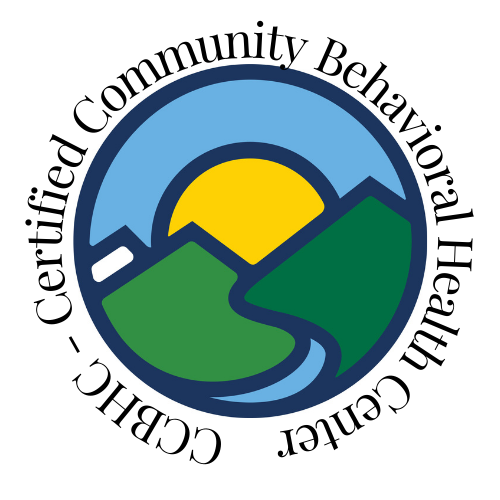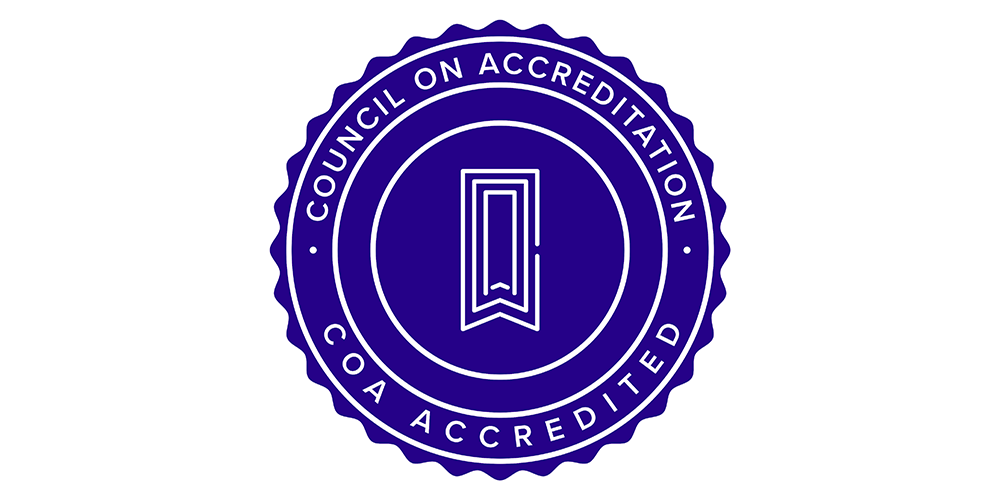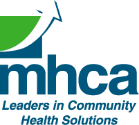Moving Beyond the Greenhouse
Alaska Seeds of Change is spreading its roots beyond the greenhouse with new outdoor programming! Over the past few years, AKSoC has been developing its Seeds Outside program, which works with youth apprentices and community volunteers to grow food to take home and for our social impact business, Evies Brinery.
Benefits of Growing Outdoors
There are numerous benefits to growing outside: youth apprentices learn more about horticulture, bring home more fresh produce, gain new job skills, and connect with other community members interested in agriculture. The program also provides opportunities for youth to take what they learn at Seeds home with them. Hydroponics are expensive, and can take up a lot of space. Seeds youth can use what they learn at Seeds Outside to grow food at home and become more self-sufficient.
Starting Small & Hyper-Local
Seeds started its outdoor programming by growing along the south side of the greenhouse building. These beds provide a convenient way to grow produce that doesn’t do well in a hydroponic system. The hot air expelled from our greenhouse also creates a microclimate that makes growing in these beds a no-brainer. From tomatoes to rhubarb, these beds are a great way to expose youth to a variety of new crops.
Partnership with Steller
From there, Seeds Outside has grown to manage the Steller Community Garden.
The partnership with Steller Secondary School is currently in its second year. The community garden provides an opportunity for youth to grow on a larger scale, as well as interact with community members from the school and beyond. Seeds youth also get the chance to act as community educators, and teach fellow participants how to start and maintain a healthy vegetable garden.
Stickleback Farm

Seeds is now in the process of expanding again with the creation of Stickleback Farm, a one acre urban farm located downtown on the site of the former Native Hospital.
The farm will provide an additional site to grow produce, build work skills, and host group sessions led by AKBH clinical staff. While development is already underway, the farm will have its first operational season in 2022. Read about recent funding for this project through the Partner for Places Project here.

